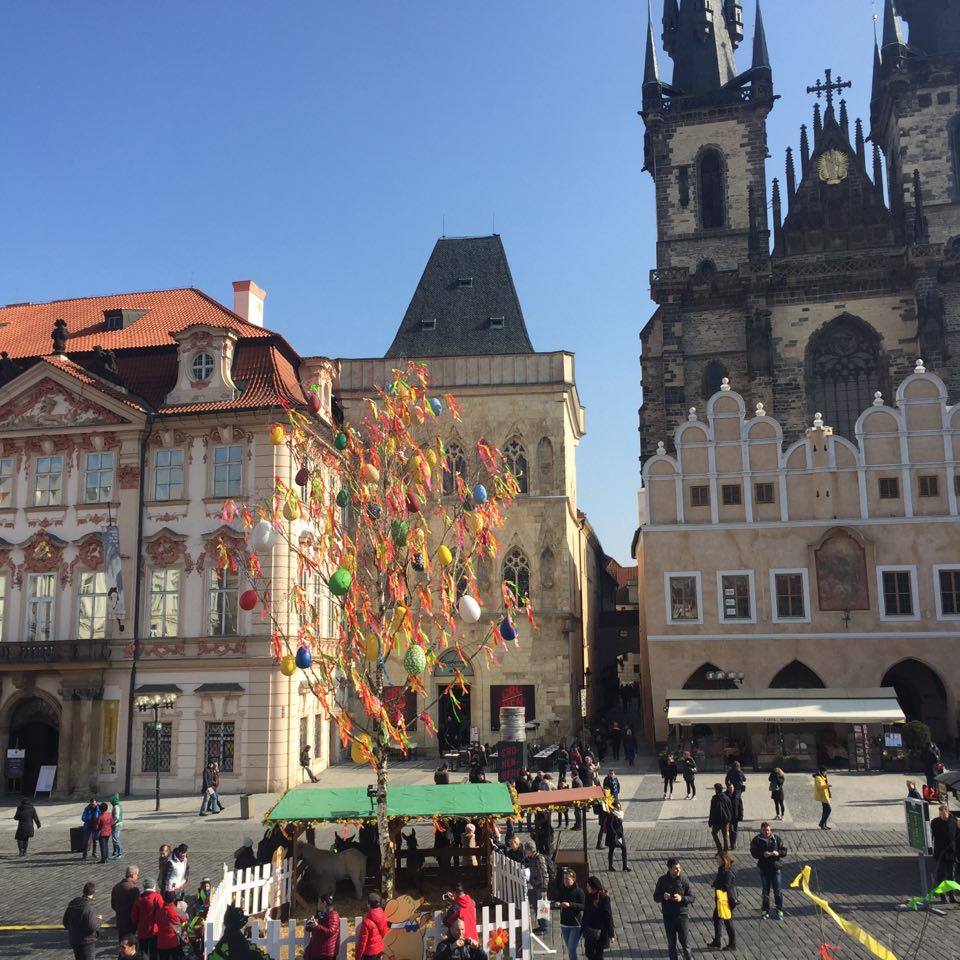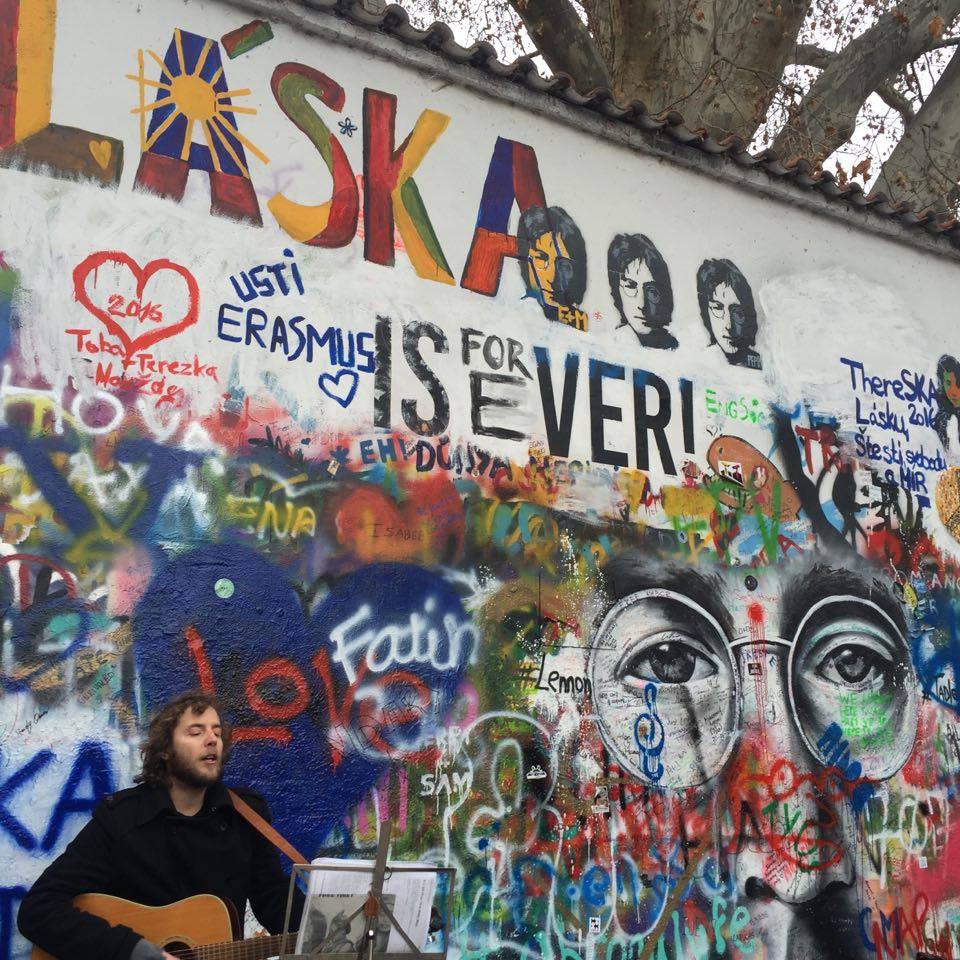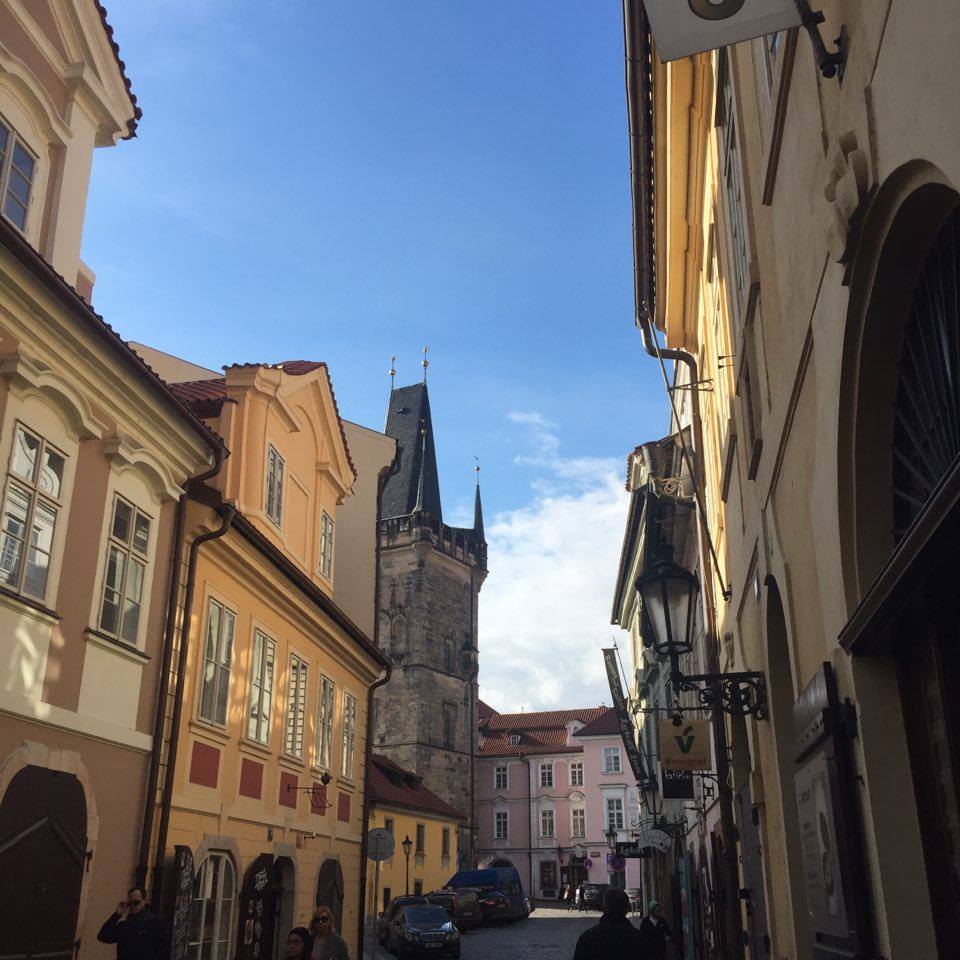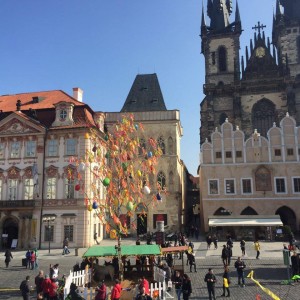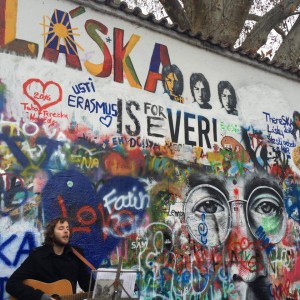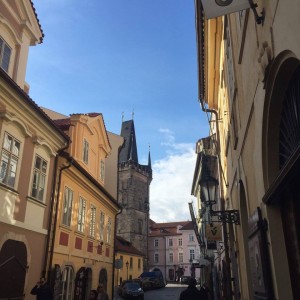How Ferris Bueller Can Make You a Czech
March 31, 2016
Becoming cultured seems like the struggle of all students studying abroad. When you are an American suddenly surrounded by history thousands of years older than that of your home, you feel a pressure to see everything.
You want to walk away from this place with a new mindset or understanding of the world, adventurous goals and maybe a tattoo — a new you, really. You are also terrified that you will somehow arrive back home without having seen anything.
Some people fear that they will only expose themselves to the “tourist” culture of a country and live by the small descriptions beside works of art in museums. Others may fear that their American identity will prevent them from being fully immersed in the culture and language or that their devotion to Joe’s Pizza on 14th St. will keep them away from traditional Czech foods.
To avoid this, you spend all your free time checking things off your list of sights and museums that will make me a native to this country. You go from class to a medieval art exhibit, to a cathedral, to class, to lunch, to a museum. You memorize all the facts and begin regurgitating them to prove your cultural knowledge.
This is not to say that seeing art exhibits, concerts and ancient architecture is not important. Trust me, as a nerdy history major with a love for music, I appreciate every ounce. It is important to know about a country’s history and its cultural impact on the world. However, there is a problem with this game plan to “become cultured.”
In the movie “Ferris Bueller’s Day Off,” Ferris says, “Life moves pretty fast sometimes. If you don’t stop and look around once and awhile, you could miss it.” If you spend all of your time staring into the boxed description beside a painting, you might be oblivious to the beating heart of the foreign country’s charm — the people.
A few weeks ago I sat down with my professor to interview him about the refugee crisis in Europe for a paper I was writing for my International Reporting class. The first thing he said to me was, “Would you like a cup of tea?” I could not remember the last time a man who fought against a communist regime offered me a cup of tea, because it hadn’t happened before. I was being invited into another culture through tea time.
Twenty minutes into the interview we started discussing the effects of the Nazi and Communist regimes on the motivation of Czechs and how that differs from a proud American experience, creating a distance between the two cultures. In the end, though, we found we both have the same fears and dreams for the future of our world. We both enjoy classic rock ’n’ roll music, Elvis’s captivating eyes, “Back to the Future,” and nights at bars with friends.
In this conversation, I found out that all cultures are interconnected. I felt cultured because I connected with my professor and understood his perspective and background. Learning about the history of his country and how it influenced who he is today helped me make similar connections between my background and my life.
Our similarities and differences created a new culture between us. That conversation impacted me far more than staring at the hundreds of portraits of the Hapsburg family between classes — which you should still nonetheless see because they are beautiful.
Email Charlotte Sparacino at [email protected].











































































































































